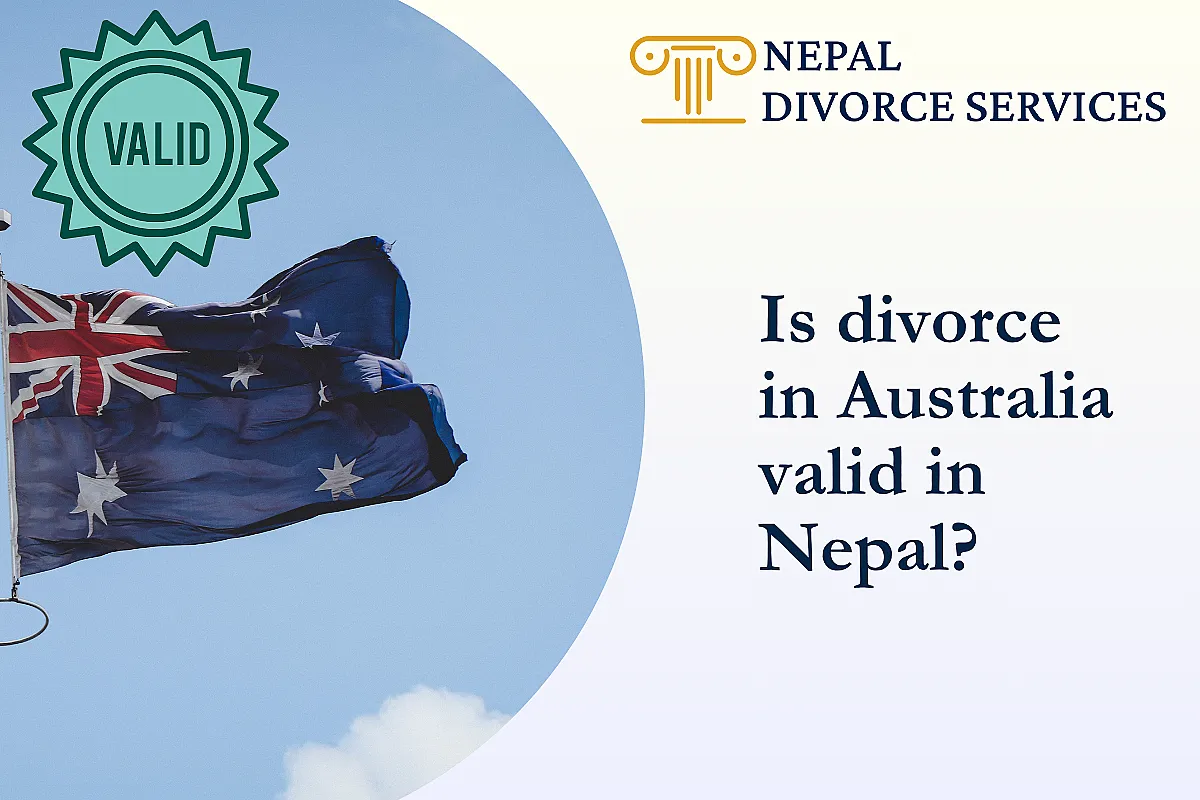Tag : Legal Consultant
Divorce In Nepal: Everything You Need to Know
Divorce in Nepal is a legal procedure governed by the Marriage Registration Act, 2028 (1971). This article outlines the grounds for divorce, the step-by-step process, and the legal requirements necessary to navigate divorce in Nepal. As divorce becomes more common, especially in urban areas, understanding these details is crucial for anyone considering ending their marriage.
Child Custody After Divorce in Nepal: Legal Provisions and Essential Information
Navigating child custody in Nepal can be complex, especially during divorce. This guide provides an overview of the legal framework established by the Muluki Civil Code 2074, outlining key considerations like the best interests of the child, age-based presumptions, financial responsibilities, and visitation rights. Empower yourself with the knowledge needed to make informed decisions for your family's well-being.
Formation of a Power of Attorney
A power of attorney (POA) is a legal document that gives one person the authority to act on behalf of another person in certain situations. The person who grants the power of attorney is called the principal, and the person who receives it is called the attorney-in-fact or agent.
How to Choose the Right Lawyer for Your Case
If you are facing a legal issue or dispute, you may need to hire a lawyer to represent your interests and help you achieve a favorable outcome. However, finding the right lawyer for your case can be a daunting task, especially if you are not familiar with the legal system or the different types of lawyers available. How do you know which lawyer is qualified, experienced, and trustworthy? How do you compare different lawyers and their fees? How do you communicate effectively with your lawyer and ensure that they understand your goals and expectations?
High Courts of Nepal
The High Court of Nepal is the second highest court in Nepal and the first appellate court for most of the cases in the country. The High Court also has original jurisdiction over some types of cases. The High Court plays an important role in ensuring justice, protecting fundamental rights, and interpreting laws in Nepal. In this article, we will explore the history, composition, jurisdiction, procedure, and functions of the High Court of Nepal.
What to Expect from Criminal Lawyers
Criminal lawyers are legal professionals who specialize in defending individuals or entities who are accused of committing crimes. Criminal lawyers can represent their clients in various stages of the criminal justice process, such as investigation, arrest, bail, trial, appeal, and sentencing. Criminal lawyers can also advise their clients on their rights, obligations, and options in dealing with the criminal charges.
The Dos and Don'ts of Negotiating a Legal Settlement in Nepal
Negotiating a legal settlement is a process of resolving a dispute or a claim through dialogue, compromise, and agreement, without going to trial. Negotiating a legal settlement can be beneficial for both parties, as it can save time, money, and stress, and result in a mutually satisfactory outcome. However, negotiating a legal settlement can also be challenging, as it involves various legal, financial, and emotional factors, and requires skill, patience, and strategy.
Best Divorce Lawyer in Nepal
Divorce is a difficult and stressful process that can affect not only the spouses but also their children, families, and friends. Divorce can also have legal, financial, and emotional consequences that can last for a long time. Therefore, it is important to have the best divorce lawyer in Nepal to guide you through the divorce process and protect your rights and interests.
How to file for divorce in Nepal: A step-by-step guide
Divorce is the legal termination of marriage between a husband and a wife. Divorce can have various legal, social, and emotional implications for both parties. In Nepal, divorce is regulated by the Civil Code 2074 (2017), which provides two ways to obtain a divorce: by mutual consent or by filing a case in the district court.
How the Civil Code 2074 (2017) reformed divorce and family law in Nepal
Divorce and family law are the legal aspects that govern the formation, dissolution, and consequences of marriage and family relationships. Divorce and family law can affect various issues such as grounds for divorce, alimony, child custody, child support, property division, debt allocation, inheritance, adoption, etc. Divorce and family law can have significant impacts on the rights and interests of both spouses and their children.
Is divorce in Australia valid in Nepal?
Divorce is the legal termination of marriage between a husband and a wife. Divorce can have various legal, social, and emotional implications for both parties and their children. Different countries may have different laws and procedures for divorce. Therefore, it is important to know whether a divorce obtained in one country is valid and recognized in another country. In this article, we will explore whether a divorce obtained in Australia is valid and recognized in Nepal. We will also discuss the conditions and requirements for obtaining a divorce in both countries.

-medium.webp)
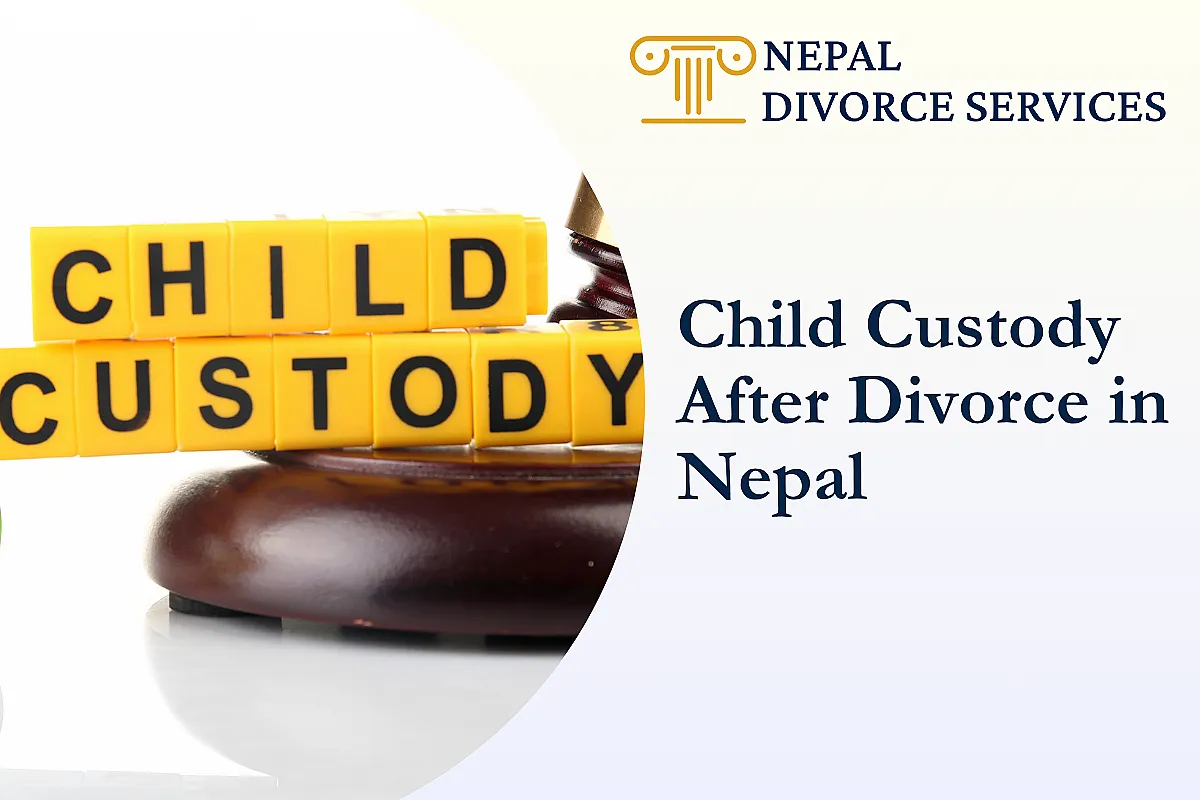
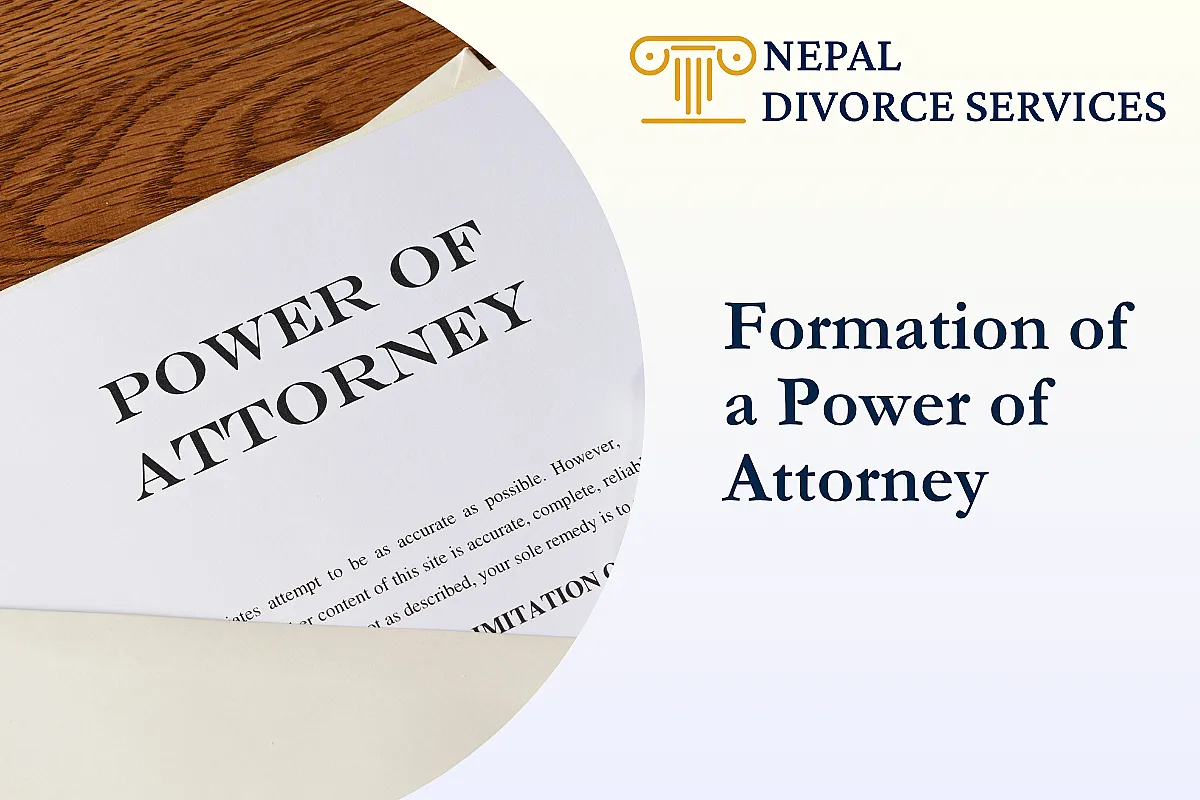

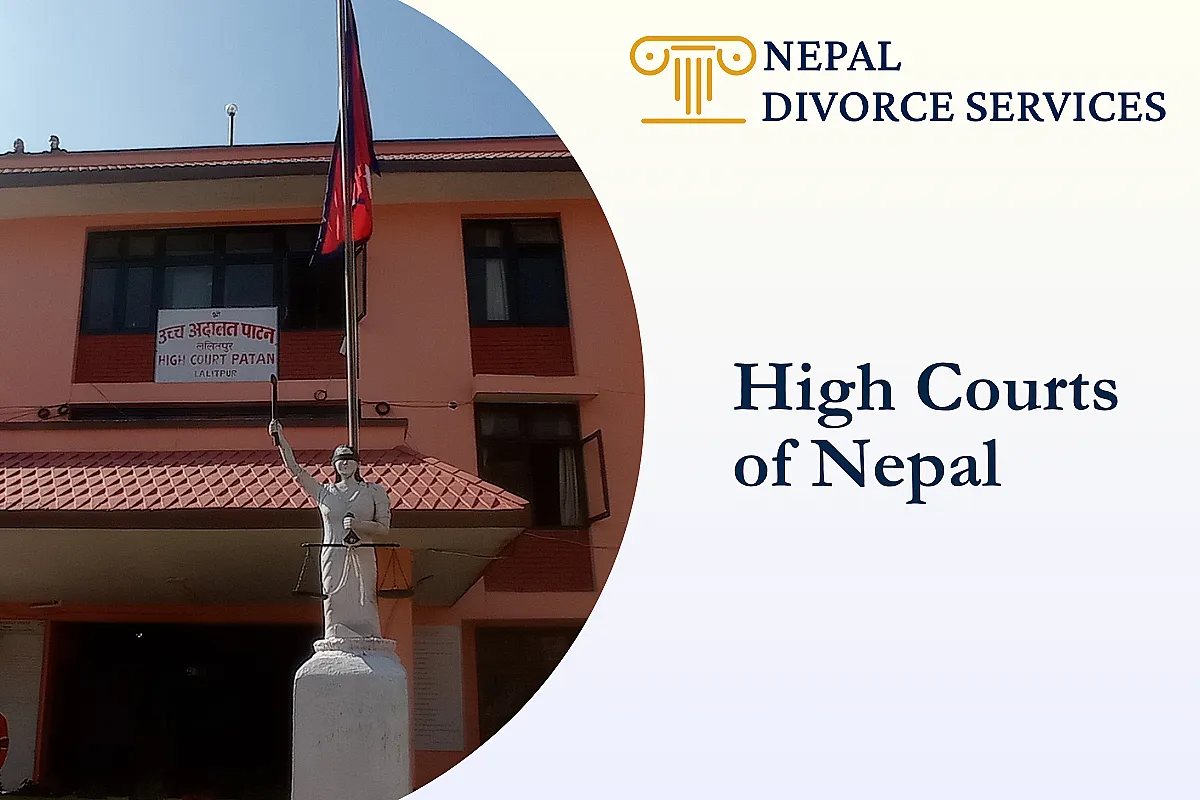

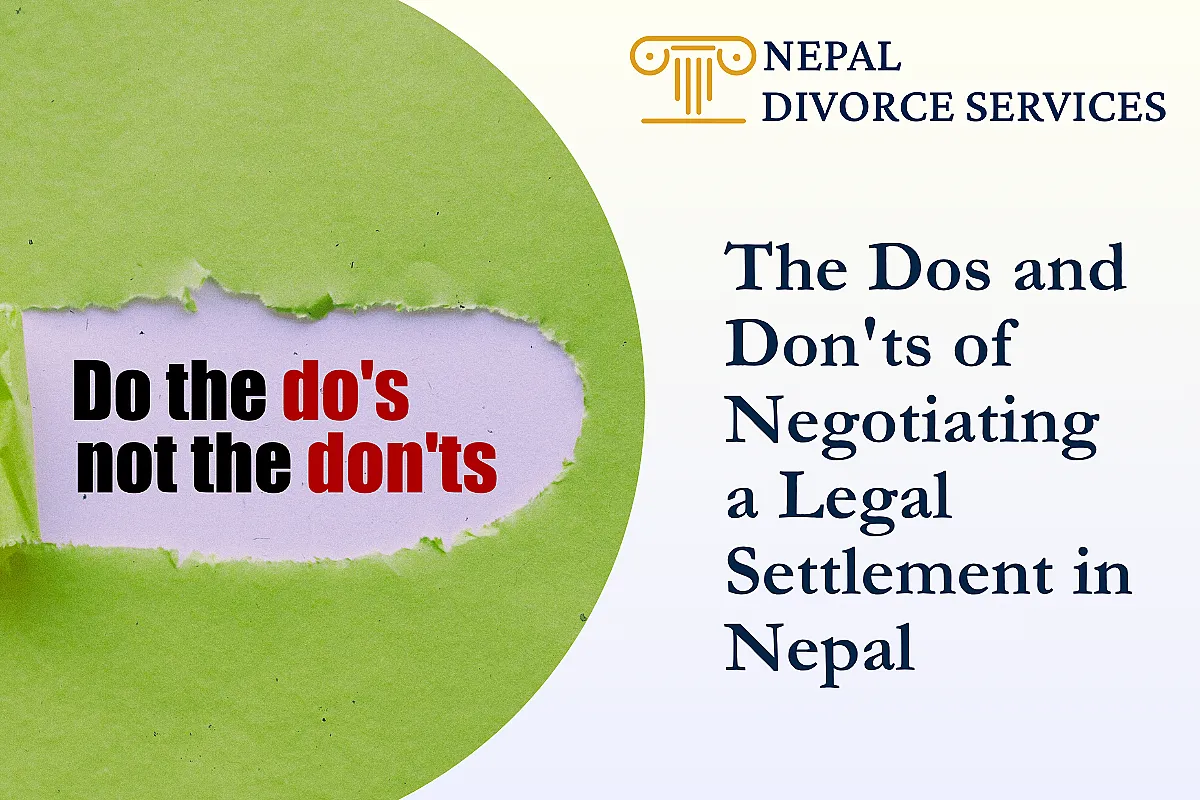

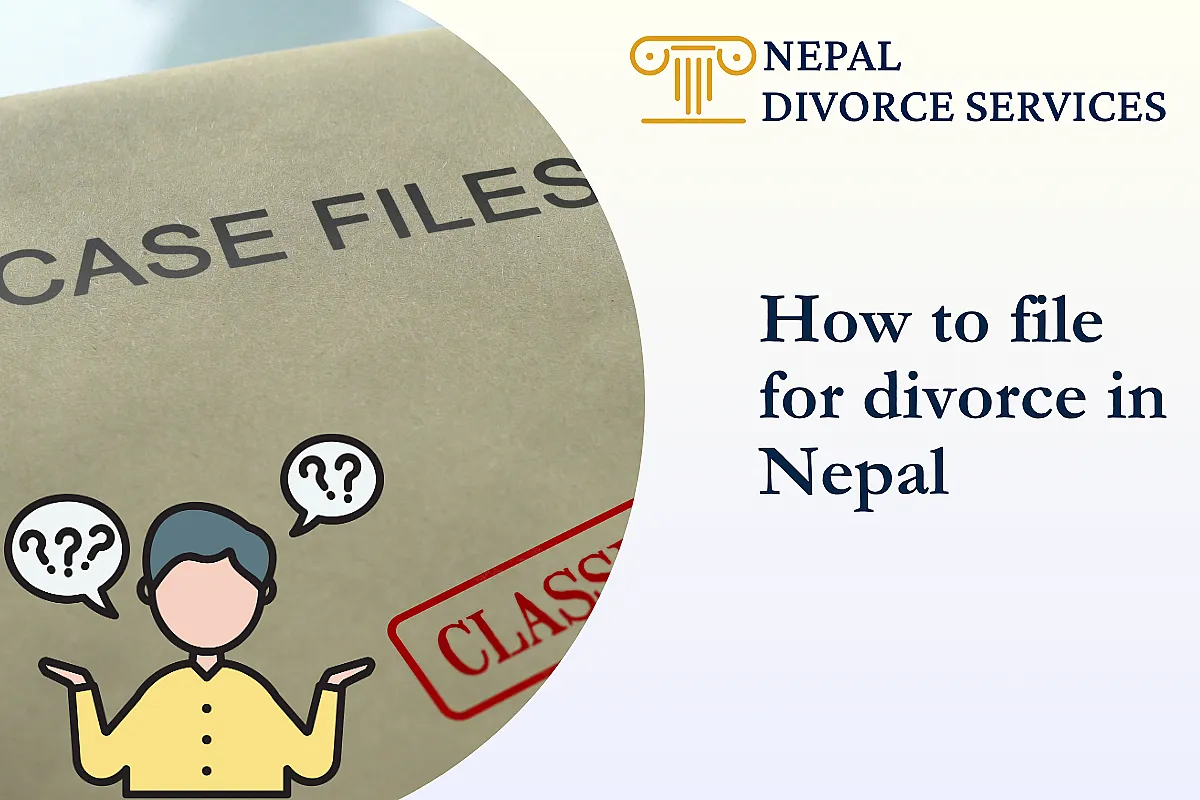
-reformed-divorce-and-family-law-in-Nepal-medium.webp)
